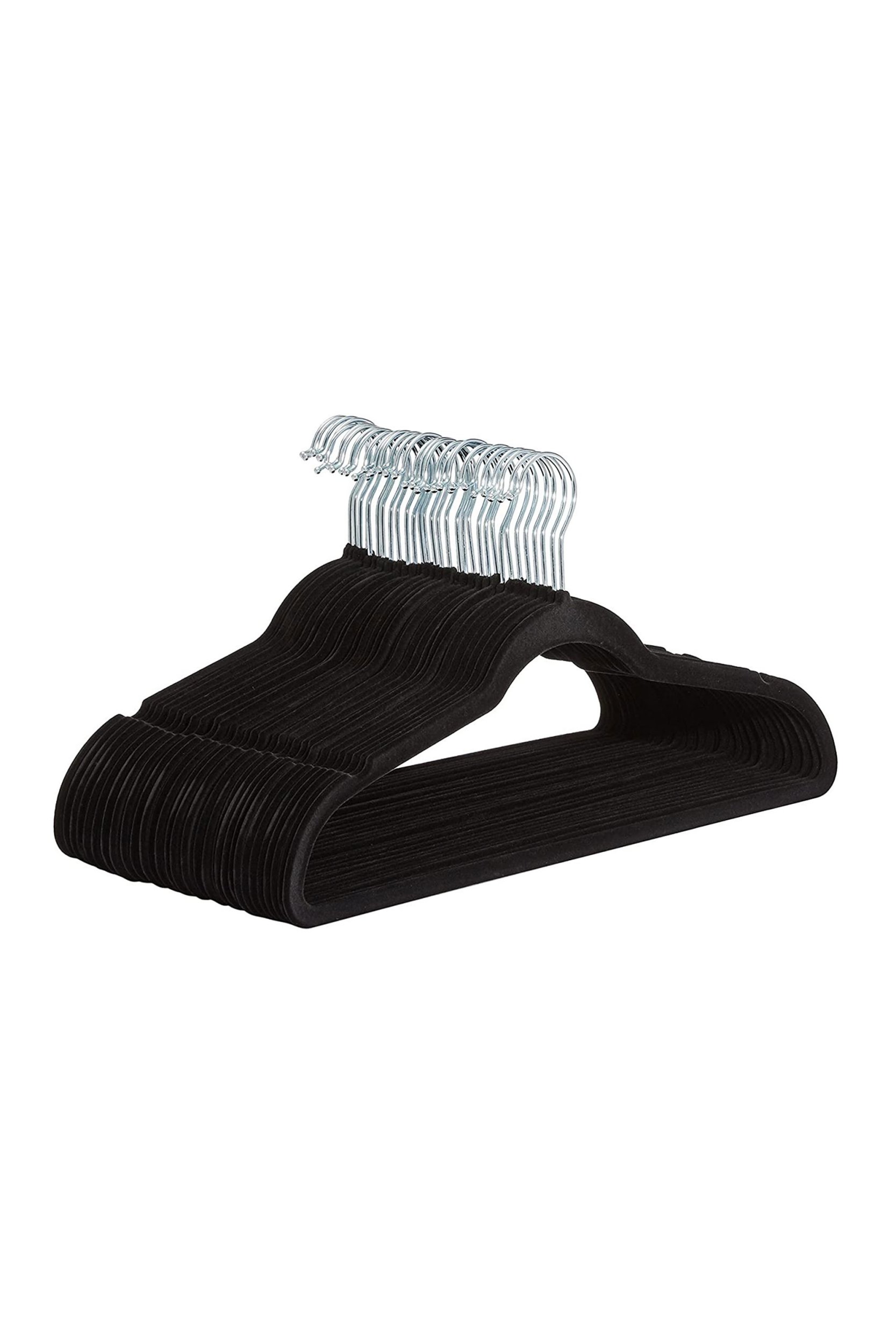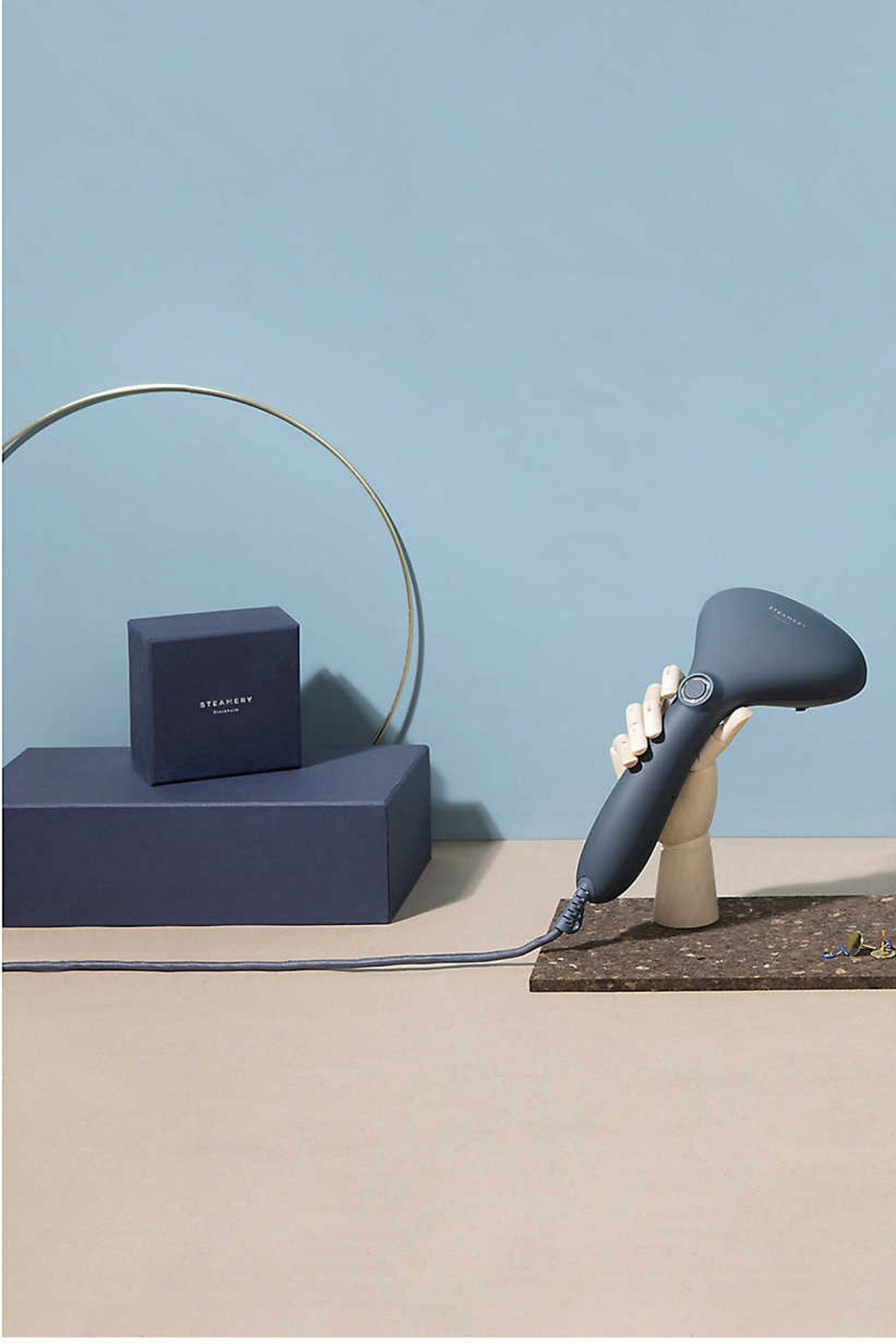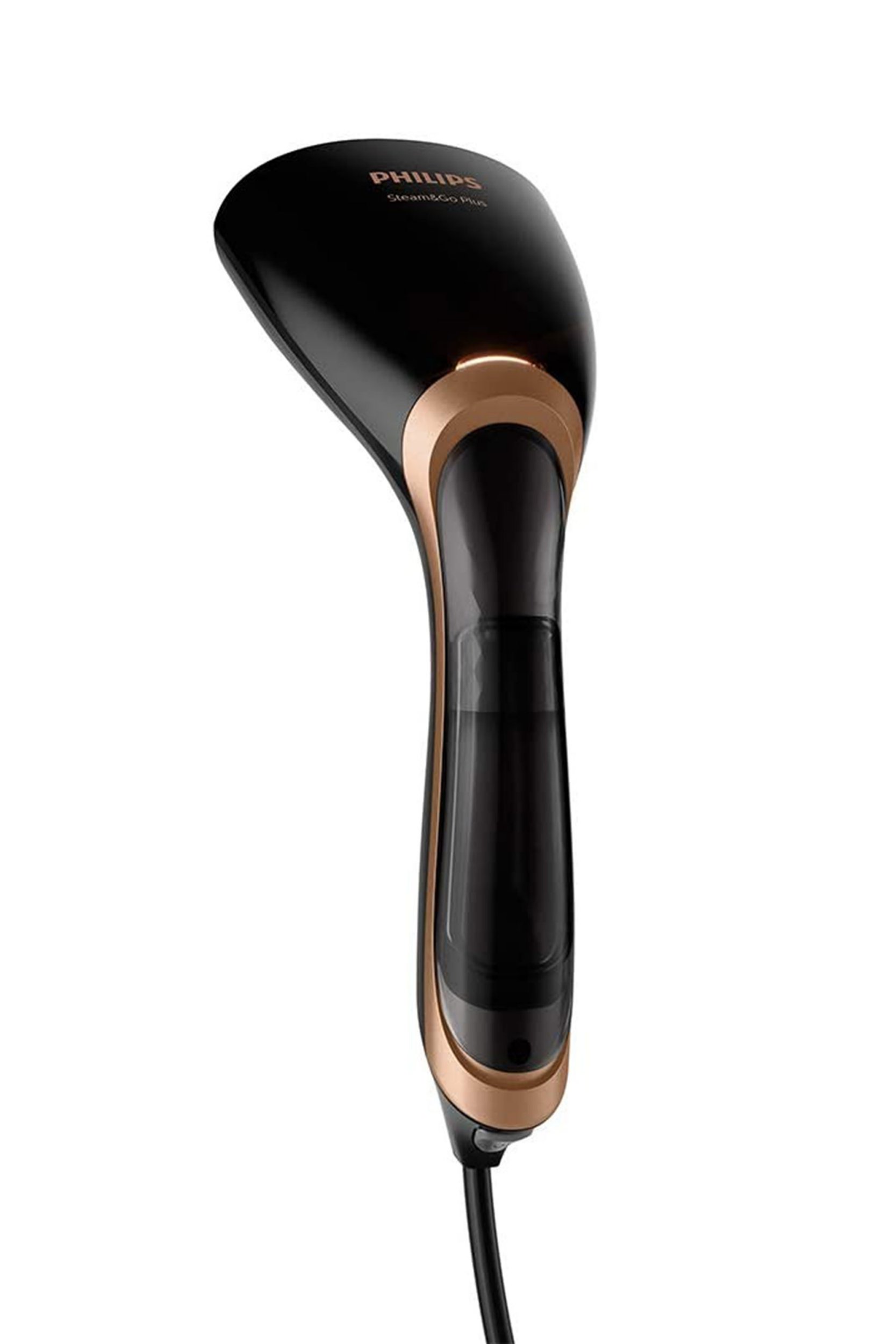Get inside the brains of our fashion experts with our insider pieces that’ll provide heaps of niche style advice, arming you with fashion knowledge to make shopping smart and getting dressed that bit easier.
“I like my money exactly where I can see it. Hanging in my closet,” Carrie Bradshaw told her friends. It’s a feeling most of us can probably relate to – whether your wardrobe is filled with high street gems or designer pieces, our clothes, shoes and handbags are where a good chunk of our money sits.
And so, it only makes sense to take proper care of your garments. And there’s no better time that January to make some fashion resolutions for the new year. After all, we’ve all experienced that sinking feeling of grabbing a favourite jumper/dress/handbag only to discover it’s looking so shabby, it’s no longer wearable. And whether that item cost you £20 or £200, it’s always a bitter pill to swallow – especially when you know you could’ve taken better care.
These days, we’ve (thankfully) started to move past the throwaway, fast fashion culture that has developed over the last couple of decades and started to realise the importance of ensuring whatever we buy lasts.

How do I keep clothing in good condition, so they last?
Not only is it better for the planet, but our bank balances too, but knowing how to take proper care of your garments is easier said than done. How should you store them? Is it better to iron or steam your clothes? And is dry cleaning ever really necessary? It may seem like common sense but when you start to research the best methods of taking proper care of your wardrobe, it can all be a bit of a minefield.
So, we’ve spoken to industry experts and compiled a failsafe list of exactly how you can start looking after your garments – and these are the insider hacks worth knowing.
1. Storage – how to store clothes properly
Buy good hangers
I, for one, am guilty of having a collection of mismatched hangers, gleaned from various dry cleaners, friends and purchases over the years. And whilst that might seem more cost-effective, in the long run, not hanging your clothes on proper hangers will cost you. Inevitably your clothes will get misshapen or stretch from not being hung correctly, so spending a little on new hangers is a pretty smart investment – especially considering most of your clothes should actually be hanging and not folded.
Hang all clothing if possible
Ludovic Blanc, founder of BLANC sustainable dry cleaners and tailors, suggests hanging all your clothing if possible. The only exceptions he notes are delicate cashmeres, heavy wools or heavy dresses which will stretch if hung.
Slimline hangers will allow you to hang more, and velvet ones are a great buy as even your silkiest of shirts won’t land up in a crumpled heap. This multi-pack is great value for money and will allow you to actually see all your clothes for once.
How to store handbags
A quality leather handbag is often one of the biggest investment pieces in our wardrobe and whether you’ve splurged on a designer purchase or found an amazing high street style, ensuring they’re properly cared for will extend their longevity.
Emily Rea, co-founder of The Restory, which specialises in restoring handbags, shoes and well-loved clothes, recommends keeping your bags stuffed to prevent slouching or collapse, whether it’s with an old jumper or dust bag – anything that is clean and dry. Plus, she adds where you store your bags is just as important as how. Storing your items in damp spaces can cause mould to develop, so if your bags aren’t in use make sure to store them in a dry, well-ventilated space – and ideally out of direct sunlight which can damage even white leathers.
How to store shoes

When it comes to your shoes, Emily has some greater insider tricks too. She suggests keeping dry tea bags – whether they be green, black or herbal – in your unworn shoes to minimise odour.
2. Caring for clothes – how to get creases out of clothes
Should I invest in a steamer?
Buying a steamer might seem slightly unnecessary – after all, surely you can just iron your clothes, or wear them as is? Whilst the latter is always an option, if you want to look put together and take optimal care of your clothing, a steamer is a smart buy.
Why should I steam rather than iron my clothes?
Far gentler on your clothes than an iron, steamers work particularly well on synthetic fabrics (which, especially with high street purchases, many clothes are primarily made from) as well as on very delicate fabrics like silk – which you should never take an iron to. In addition, steaming can help keep your clothing fresh between washes as the steam kills odour-causing bacteria.
Stylish pieces you'll want to wear forever

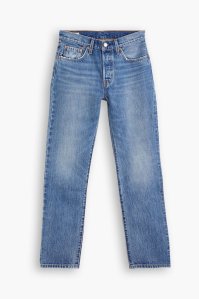
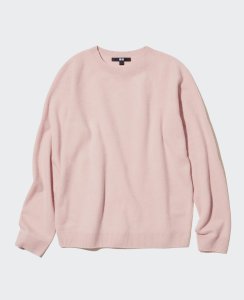
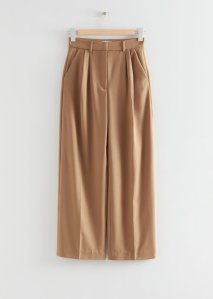


*Eliza may earn commission on sales from these product links
Which are the best steamers to buy?
Sold? One of the best steamers on the market is the Steamery Travel Steamer. It heats up in just 25 seconds and has a detachable fabric brush to use on delicate fabrics.
Spend: Cirrus No.2 Travel Steamer, £120
Save: Steam & Go Handheld Clothes Steamer, £65
But if the £110 price tag is a bit much, the Philips Steam and Go Steamer is also a lightweight, efficient option. It’s ready to use in 45 seconds and comes with a glove to prevent burns.
3. Cleaning clothes – what’s the best way to wash clothes?
This is perhaps one of the easiest rules to follow when it comes to caring for your clothing – simply only wash your clothing when really necessary. Sofie Casillas, product expert at The Lab Co, a brand which champions eco-friendly, specialist laundry products using essential oil-driven scents, suggests trying one of the brand’s fabric mists between washes.
How can I keep clothes fresh during washes?
Their Signature Laundry Mist, £9, is a great alternative to a full wash; it will keep your clothing fresh but help your garms maintain their shape, elastic and colour by minimising actual washing.
How often should I wash jeans?
There are however some items Casillas says should be washed more often than you might think; she recommends washing your jeans every five to seven wears.
What about underwear?
And when it comes to your bras? Every two to three wears, but always hand wash them to preserve the support.
At what temperature should I wash clothes?
And unless you’re washing your towels and bedding (which Casillas says that thanks to the pandemic, you should wash at 60 degrees) always wash your clothing at 30 degrees.
4. Dry cleaning – which items of clothing and materials should I have dry cleaned?
Dry cleaning isn’t the extravagance it may sound like – it’s actually a necessity when it comes to caring for your clothes. Ludovic Blanc highlights that delicates – wools, suits and silks – should be professionally cleaned. Every professional clean will give your clothing additional wears, particularly if you opt for ‘wet cleaning’.
What is ‘wet cleaning’?
According to Blanc, this non-toxic method that BLANC primarily uses “replicates hand washing in sophisticated cycles and machines.. resulting in preserved clothing fibres making clothes last longer and look brighter.”
Is dry cleaning worth it?
In other words, paying for a professional clean of your favourite silk slip dress might seem like a big outlay, but it’s an investment in ensuring your clothes last from one season to the next.
How often should I have clothes dry cleaned?
But how often should you get your clothes dry (or wet) cleaned? Unless they’re stained or have an odour on them, Ludovic suggests choosing a press-only service – fewer cleans will also help to extend the life of your garment.
5. Clothes repairs – how do I know if I should repair clothing or throw it away?
For generations before us, if a rip or tear was spotted in clothing, it was immediately darned. Unfortunately, this is something of a lost skill and it often feels far easier to ignore a small snag until it becomes really noticeable and then discard the item.
Is it expensive to get clothes repaired?
But Rea insists that if you resolve signs of wear and tear from the moment you spot them you can easily extend the life of your clothes. And whilst you might not have the skills to fix the damage, services like The Restory will easily fix damage like moth holes for just £20.
Any tips on how to prevent clothes getting ruined?
However, its best to get any damage repaired instantly, Rea says; if you leave it the weave unravels and the holes increase in size – which will lead to a much more costly repair, or worse – that item landing up in a landfill.

